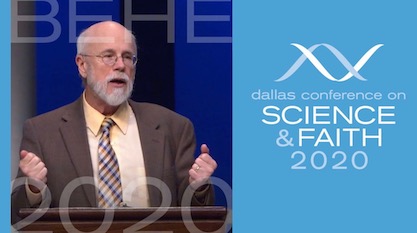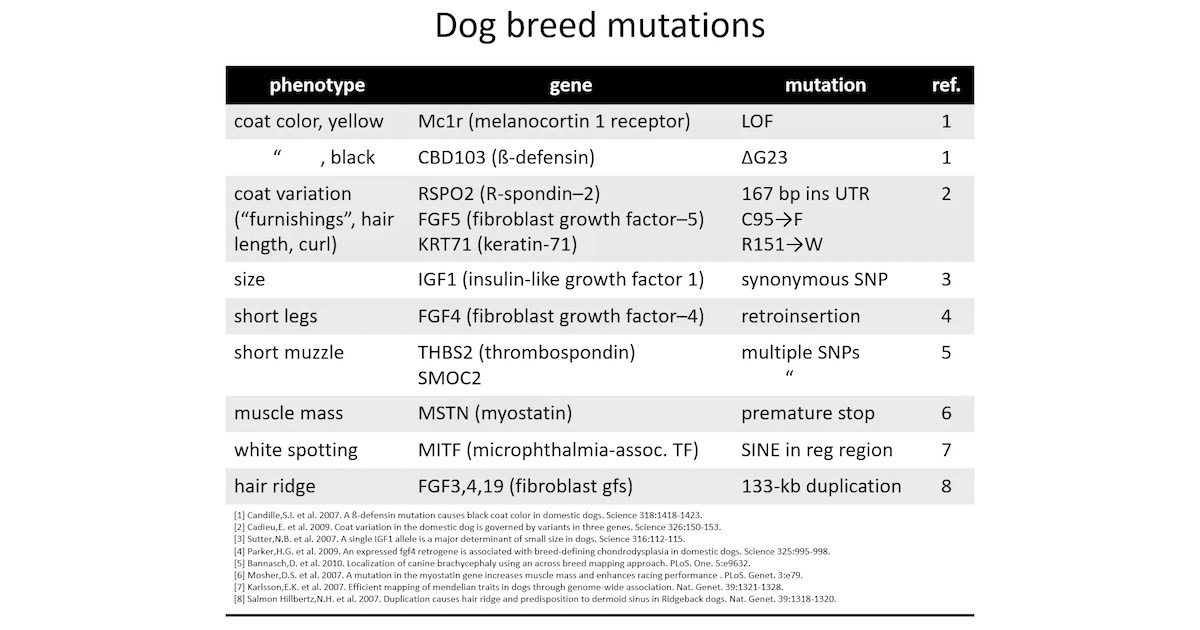 Evolution
Evolution
 Intelligent Design
Intelligent Design
Judge Michael Behe’s Case for Intelligent Design Yourself

“That Behe fellow is a known Christian. And he has been seen entering, and leaving, churches. And so therefore this idea of intelligent design, that’s a religious idea. That’s not science.”
With that line, summarizing the approach of many of his critics, biochemist Michael Behe got a laugh of recognition from the audience at the 2020 Dallas Conference Science & Faith this past January. You can watch his presentation now:
Behe got a laugh because, as with much of humor, he was caricaturing…but not by a lot. Here Professor Behe invites us to review the sweep of his argument for intelligent design, as he has presented it in his books and other publications, form Darwin’s Black Box to Darwin Devolves, from irreducible complexity to the First Rule of Adaptive Evolution. This is, from top to bottom, an empirical argument, as he points out. It can only be fairly evaluated on empirical not religious grounds. Too bad the critics (with some noble exceptions) have avoided doing that.
Destructive Darwinian Evolution
Does this sound like “religion” to you? As Behe has distilled the First Rule: “Break or blunt any functional coded element whose loss would yield a net fitness gain. There only has to be a net benefit to a species to throw away a function. That bodes quite poorly for constructive Darwinian evolution.”
This rule, he concludes here, applies “whether you’re talking about bacteria, whether you’re talking about mammals, birds, Darwin’s finches are the same, anywhere, from eukaryotes, humans, to prokaryotes, the First Rule of Adaptive Evolution must hold. It must hold.”

Other illustrations come from polar bears and our household canines: “Darwin’s mechanism is dominated by ‘Poison-Pill’ mutations: positively-selected, loss-of-function mutation.” It “squanders genetic information for short-term gain.” A dog, as we’ve said here in the past, for all that he or she is loving and lovable, is simply a damaged wolf. The mutations that form dog breeds are “pretty much all loss-of-function genes.”
Science, as we’re seeing from daily headlines at the moment, remains a political and ideological football for many people on the public stage. Dr. Behe, though, keeps the focus on science itself, not religion or other extraneous subjects. You can judge his argument for yourself, and I promise you will enjoy doing so!
We have been presenting videos of the major presentations from the 2020 Dallas Conference. You can find, and enjoy, the others here.
